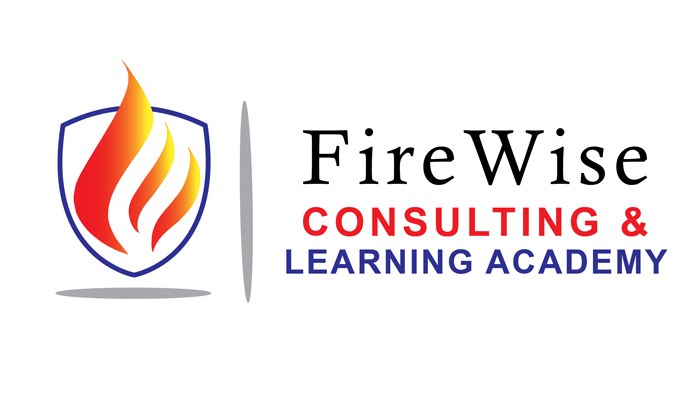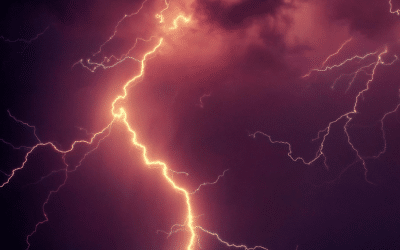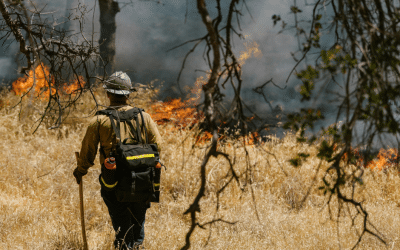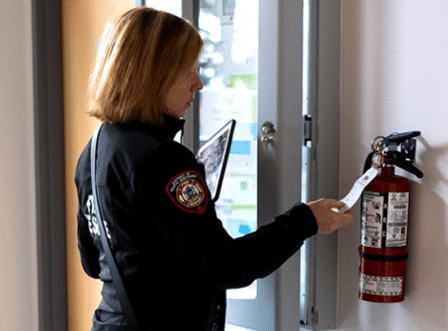FireWise Consulting & Learning Academy
Knowledge That Saves Lives
Fire Investigation Training
Fire Prevention Training
Consulting Services
Expert Fire Safety Solutions
Fire prevention training
FireWise is a leading provider of Online Fire Safety Training Courses, including fire inspection, fire investigation training and fire prevention consulting services, providing solutions to emergency service responders, local governments, and the business community. Founded in 2008, FireWise provides governing authorities with consulting services, fire protection surveys and operational and administrative reviews, resulting in practical and attainable recommendations for delivering and administering fire and life safety services.
Our company facilitates, develops and delivers training programs for fire emergency services sector.
Programs we have presented include “Risk Management for the Fire Service,” “Leadership Skills for Company Officers,” “Fifty Ways to Kill a First Responder,” and “Advanced Fire Investigation for Fire and Police Services.“
FireWatch: The Latest in Wildfire News & Prevention
Stay informed with FireWatch, covering the latest wildfire news, NASA fire research, prescribed burns, and global fire issues.
The Role of AI In Modern Firefighting
A new article explores the evolving role of Artificial Intelligence (AI) in firefighting, showing how data‑driven tools, sensors and intelligent...
Reports Confirm Lightning Sparked Devastating Jasper Wildfire
Parks Canada has released two detailed reports on the July 2024 wildfire in Jasper National Park, confirming that a lightning strike triggered the...
Flamin’ Bot: Los Alamos County Debuts Remote-Controlled Wildfire Mitigation Technology
Los Alamos County Fire Department is deploying a remote‑controlled wildfire‑mitigation robot from BurnBot that can thin hazardous fuels in rugged...
Have Questions about FireWise?
What values guide FireWise’s work?
FireWise values knowledge-sharing, community safety, environmental responsibility, mental wellness, and equity. It supports local organizations and prioritizes fair, inclusive practices. Find out more here.
Get quick, clear answers about our expert-led fire service training, consulting solutions, and what makes us a trusted Benefit Corporation for Good. Explore our FAQ page to see how we help you build safer, smarter communities.
What is FireWise Learning Academy?
FireWise Learning Academy is the educational division of FireWise Consulting, offering online training programs in fire safety, fire prevention, fire inspection, and fire investigation. These courses are designed to support emergency responders, municipalities, and safety professionals with flexible, affordable education. Find out more here.
What types of courses does FireWise offer online?
FireWise offers courses in Fire Investigation (NFPA 1033), Fire Inspection (NFPA 1030), Company Inspection, Continuing Education, Wildfire Investigation, and much more..
How can I register for a FireWise course?
Registration is available online via the FireWise website. Simply browse available programs, select a course, and follow the guided enrolment process. Check it out here. Alternatively, you can register with a Purchase Order or Group Registration or manually by contacting info@firewiseconsulting.com
What types of consulting services does FireWise provide?
FireWise brings its extensive fire service and municipal experience to support municipalities, First Nations Communities and fire departments with important projects including Fire Service Master Plans, Fire Service Reviews, and Standards of Cover Reports, among others.





